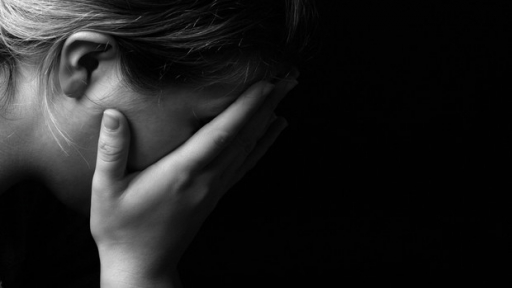RESEARCH
International study assesses the impact of COVID-19 on parental burnout
An international consortium, bringing together scientists from 40 countries, including Portugal, is studying the impact of COVID-19 on parental satisfaction and burnout worldwide. The aim of this transcultural research is to increase the understanding of the factors that hinder or help parents to deal with the stress resulting from the need to multitask in confinement.
The implications of the pandemic we face, «specifically confinement to home, social isolation, the closure of day-care centres, kindergartens and schools, teleworking, lay-offs and dismissals, have posed new challenges to the exercise of parenting and of co-parenting», says Maria Filomena Gaspar, researcher at the Centre for Social Studies (CES) and professor at the Faculty of Psychology and Educational Sciences at the University of Coimbra (FPCEUC) and coordinator of the study in Portugal, together with Anne Maria Fontaine, emeritus professor at the University of Porto (UP).
These challenges, adds the expert in Educational Psychology at UC, «result from the multiple tasks they have to reconcile (usual parenting functions, support for school education at home, work at home, increased hours spent on domestic tasks) in a situation of confinement which is new and, for many parents, accompanied by major financial challenges and the anticipation of difficulties in the future».
The team requests the participation of parents in this study by completing a questionnaire, available HERE. A special appeal is made to fathers to respond, «because it is usually mothers who participate most in this type of research, which creates a gap in the understanding of men's parental satisfaction and burnout». The only condition is to have at least 1 child (a) living at home, whatever the age.
Maria Filomena Gaspar explains that «there are factors that can help parents deal with the stress resulting from the need to multitask in confinement, while others can make hinder it. The first group includes the existence of a partner who shares tasks and moments when parents take care of themselves, for example, while in the second group we can consider the existence of a child with behavioural problems or hyperactivity or a self-demanding parent».
This is the second major study conducted by the international consortium that researches parental burnout (IIBP: International Research on Parental Burnout) and is led by Isabelle Roskam and Moïra Mikolajczak, from the University of Louvain, Belgium.
The objective of this group of scientists is to study the conceptual validity, prevalence and intercultural variation of parental burnout worldwide (cf. https://www.burnoutparental.com/international-consortium).
____________________________
© Cristina Pinto | Press Office - University of Coimbra • Rectory
Science Communication


